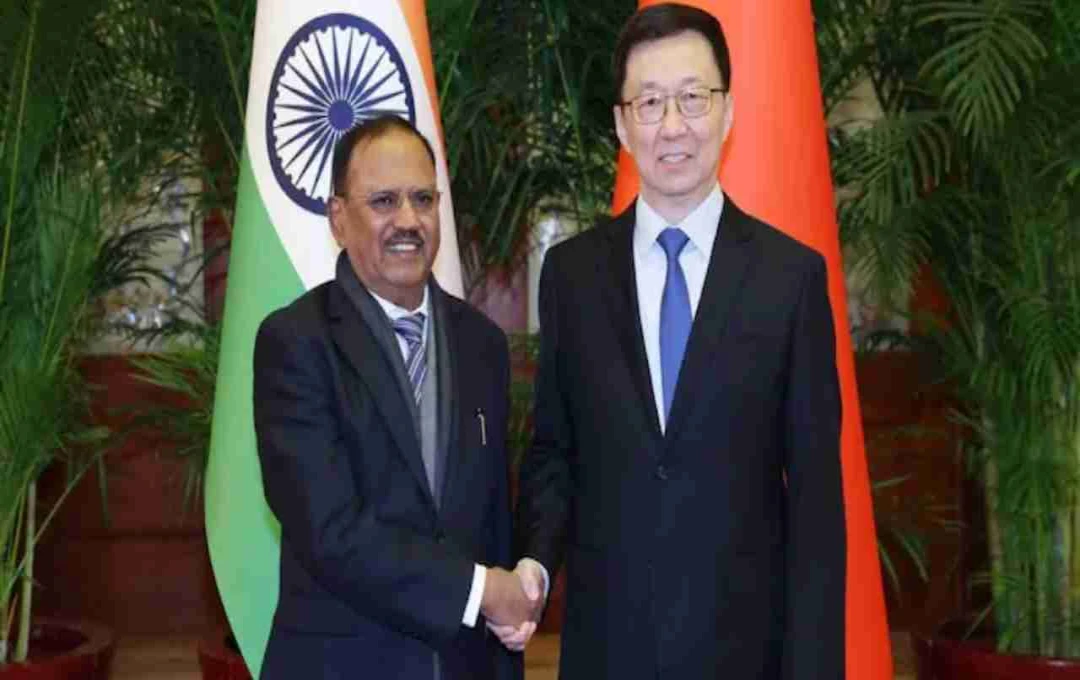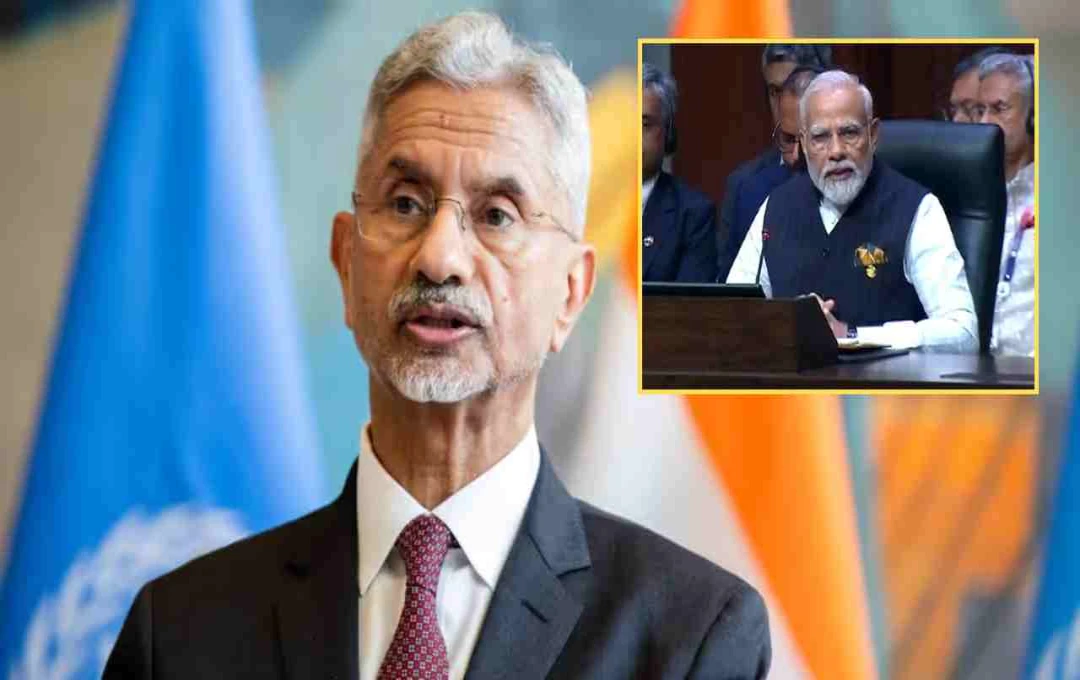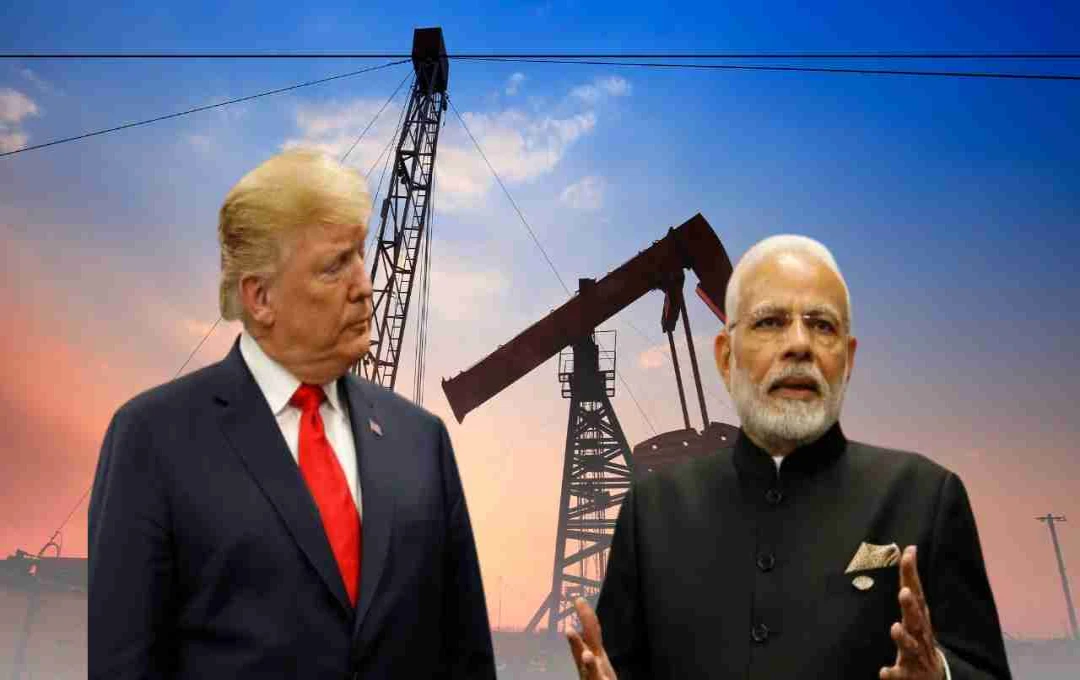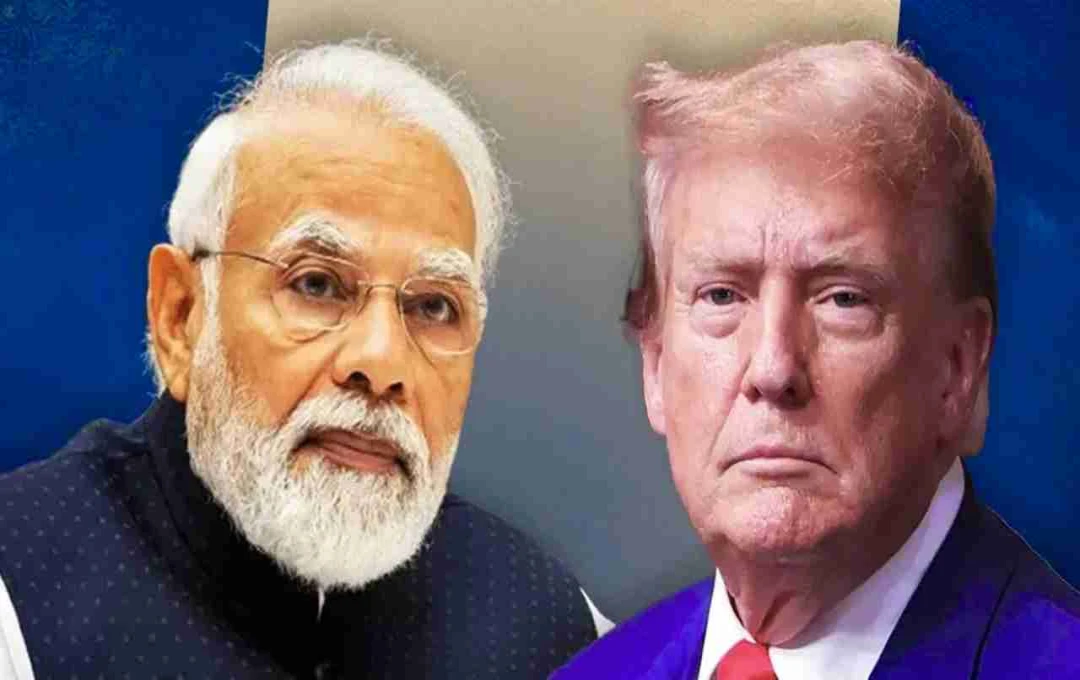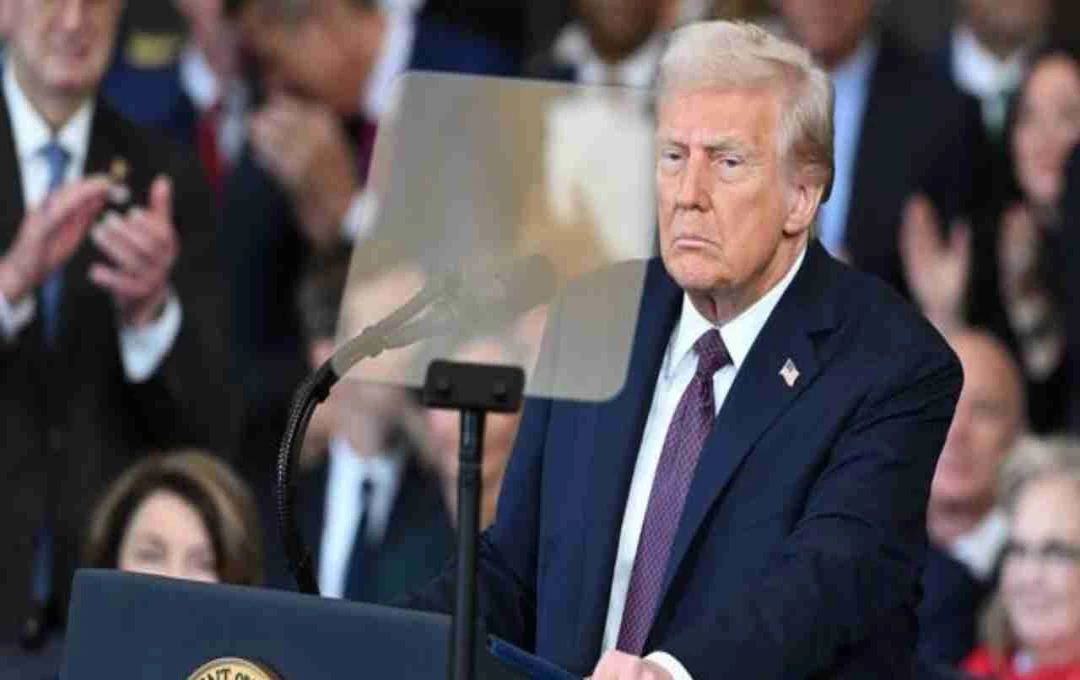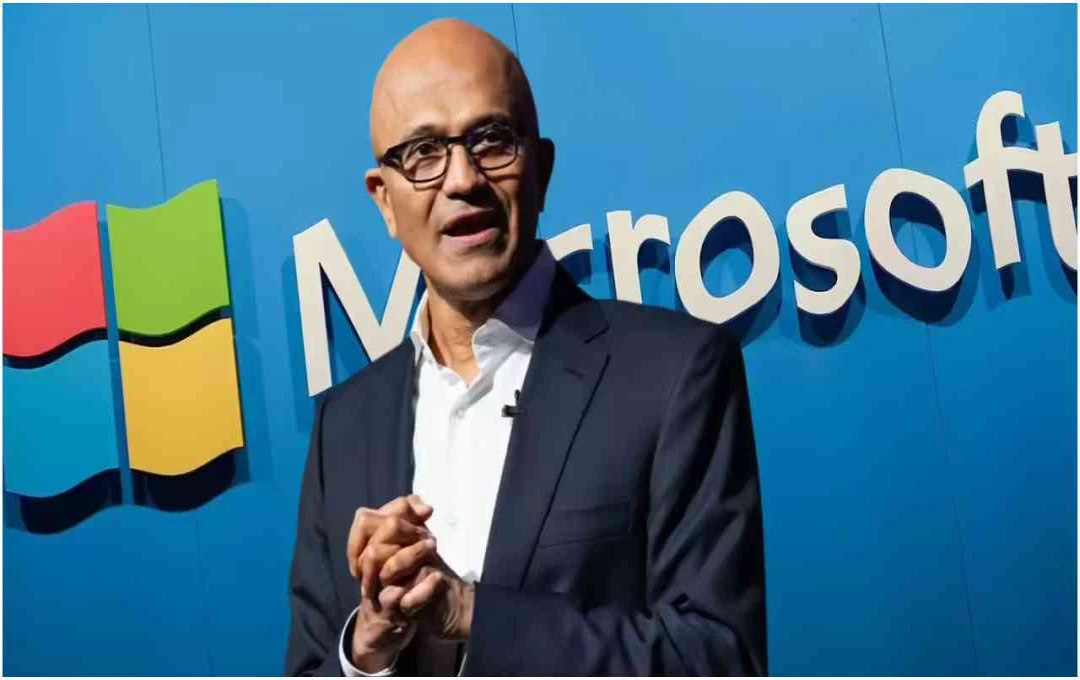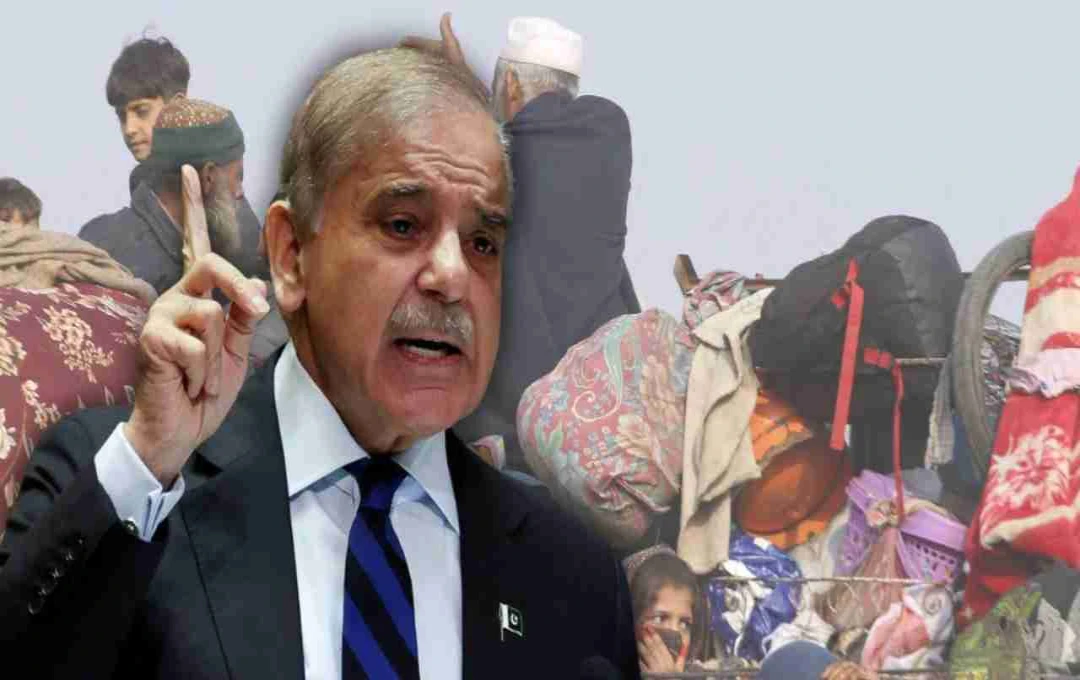Recent developments indicate a positive shift in India-China relations. As part of this, China's Vice Foreign Minister, Sun Weidong, may visit India this week. This would be the second high-level exchange between the two countries this year.
New Delhi: After prolonged military and political tensions, India and China are showing signs of easing relations. This week's two-day visit by Chinese Vice Foreign Minister Sun Weidong is considered highly significant. The visit is seen as a b attempt to restore dialogue between the two nations amidst border disputes, diplomatic impasses, and regional tensions.
This visit coincides with India's recent Operation Sindur, a major counter-terrorism operation against Pakistan-backed groups. The revelation that Pakistan used Chinese-made weapons in this operation has raised questions in India about China's role. Therefore, Sun Weidong's visit is considered diplomatically sensitive.
Post-Galwan, Efforts to Restore Relations
This marks the first instance of frequent high-level communication between India and China since the acrimony following the 2020 Galwan Valley clash. In January this year, India's Foreign Secretary, Vikram Misri, visited Beijing and met with Sun Weidong. Sun's reciprocal visit indicates Beijing's proactive approach to improving relations.
A key aspect of Sun's visit will be whether he meets National Security Advisor Ajit Doval. Doval is also India's Special Representative on the India-China border issue, and such a meeting would signal a possible resumption of Special Representative-level talks.
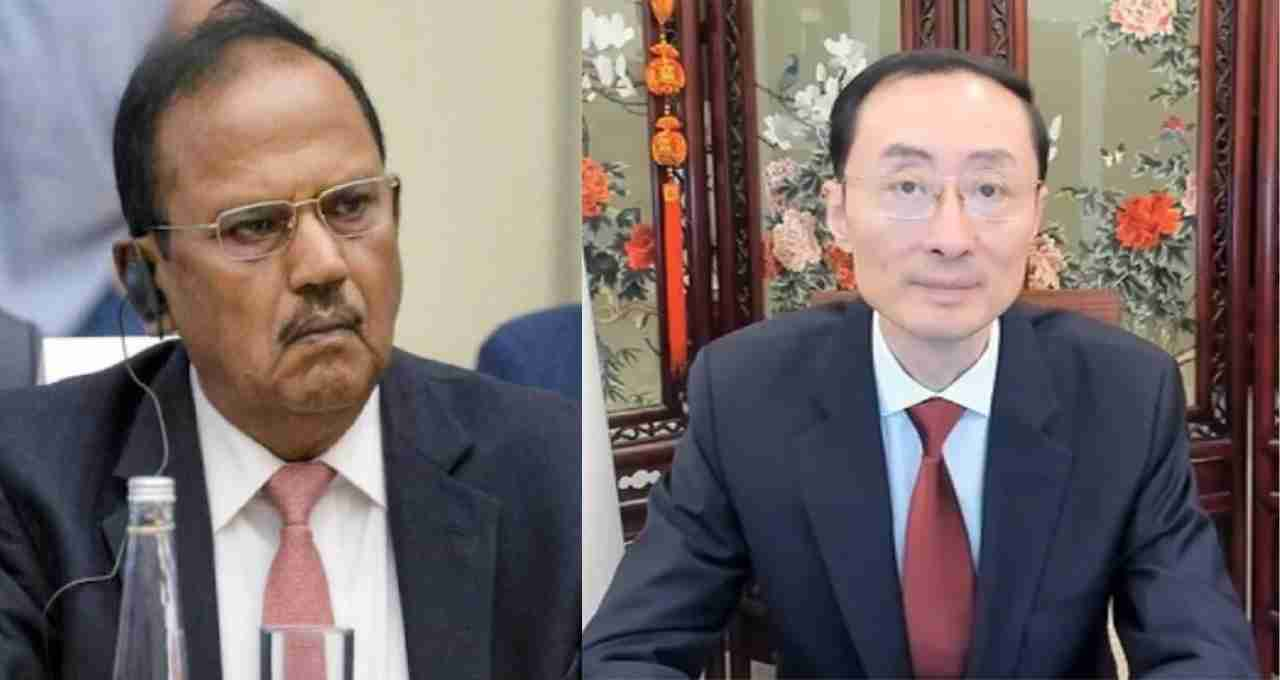
Border Dispute: Reduced Tension, but Mistrust Remains
The military standoff in eastern Ladakh, ongoing for the past five years, has largely normalized. Disengagement at the military level and the establishment of buffer zones have reduced border tensions. However, a major concern for Indian policymakers is China's dual policy—diplomatic peace rhetoric coupled with military support for Pakistan.
The use of Chinese-supplied weapons in Operation Sindur raises questions about whether Beijing genuinely seeks peace or aims to maintain pressure through its "strategic proxy," Pakistan.
New Agenda for Talks
Issues likely to be discussed during Sun Weidong's visit include:
- Resumption of talks between Special Representatives
- Strategy for a permanent solution to the border issue
- Restoration of direct air services
- Preparations for the Kailash Mansarovar Yatra-2025
- Shared cooperation on trans-border rivers
- In principle agreement on these issues was reached in January, and now it's time to formulate concrete action plans.
India's Diplomatic Priority: Restoring Trust
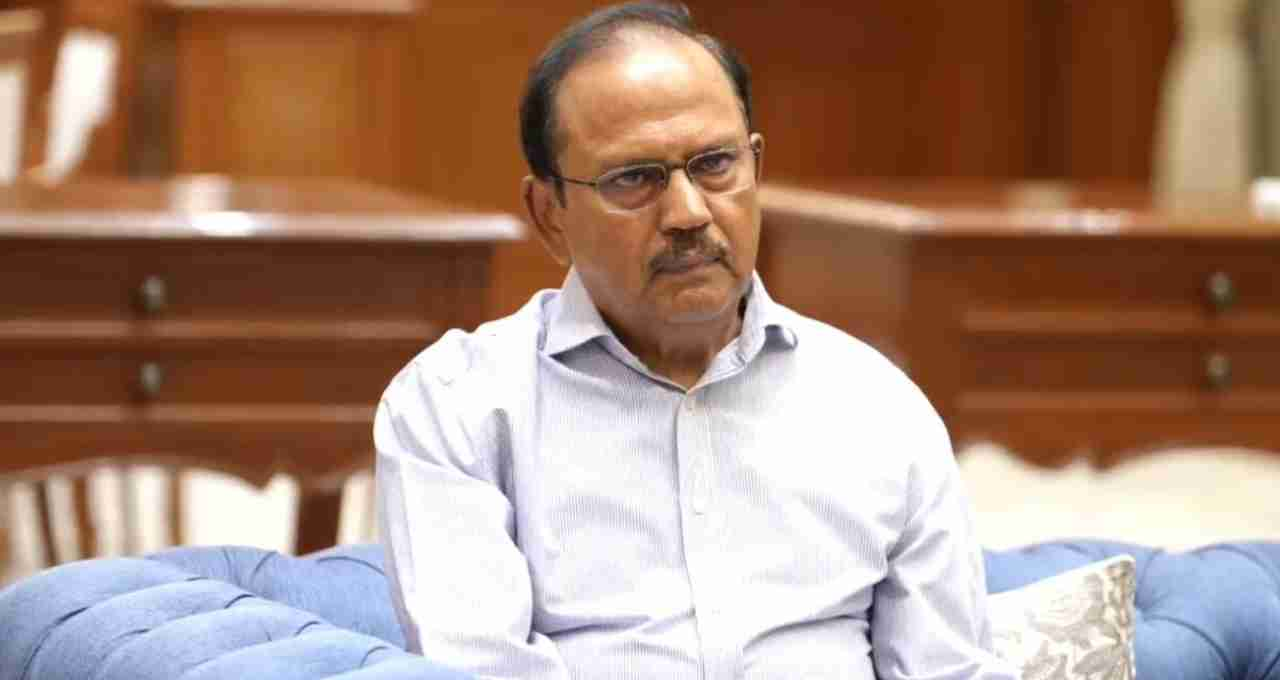
India has made it clear that improved relations with China are contingent upon China respecting the status quo at the border and distancing itself from anti-India activities with third countries. Sun Weidong's visit is significant because it will clarify whether China now views India as a "partner" rather than a "rival."
A potential meeting with National Security Advisor Ajit Doval and the paving of the way for a future visit by Foreign Minister Wang Yi suggest that India and China desire open diplomatic communication.
Trust vs. Skepticism: Who Will Prevail?
While there are signs of improved relations, lingering doubts persist in India due to China's fondness for Pakistan and past events. India understands that Chinese diplomacy is often a strategic "game" with hidden long-term objectives. A positive outcome from this visit would signal stability for South Asia. However, if the talks remain merely procedural, it could represent another missed opportunity.
